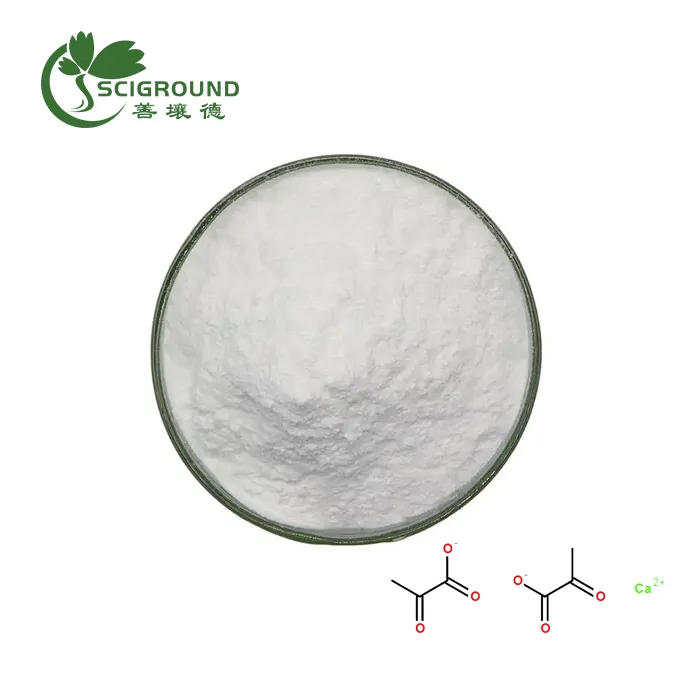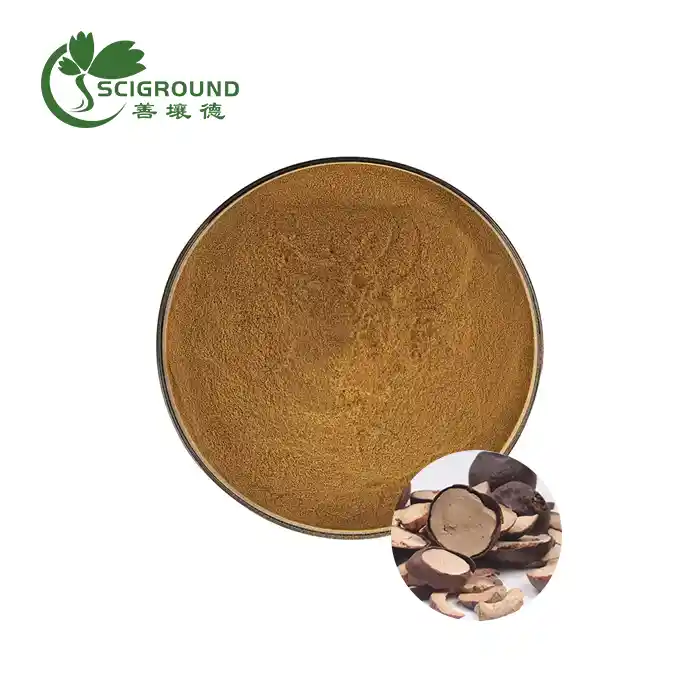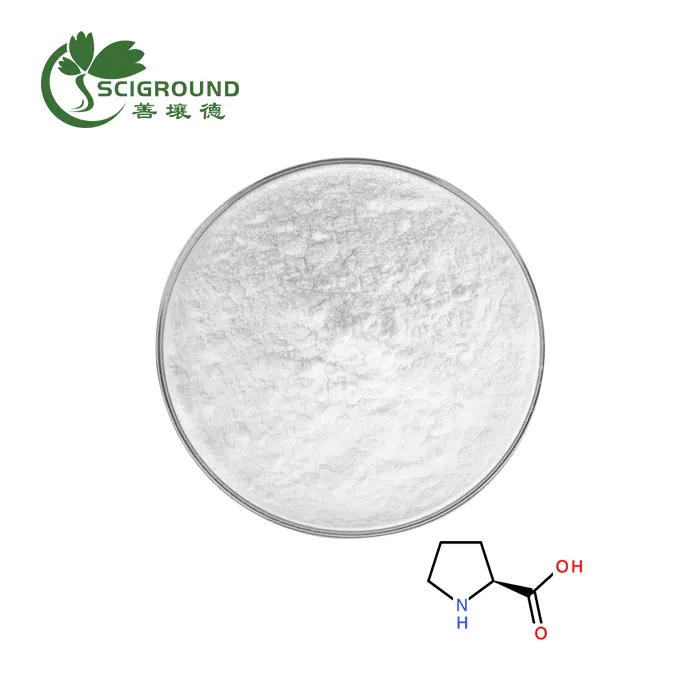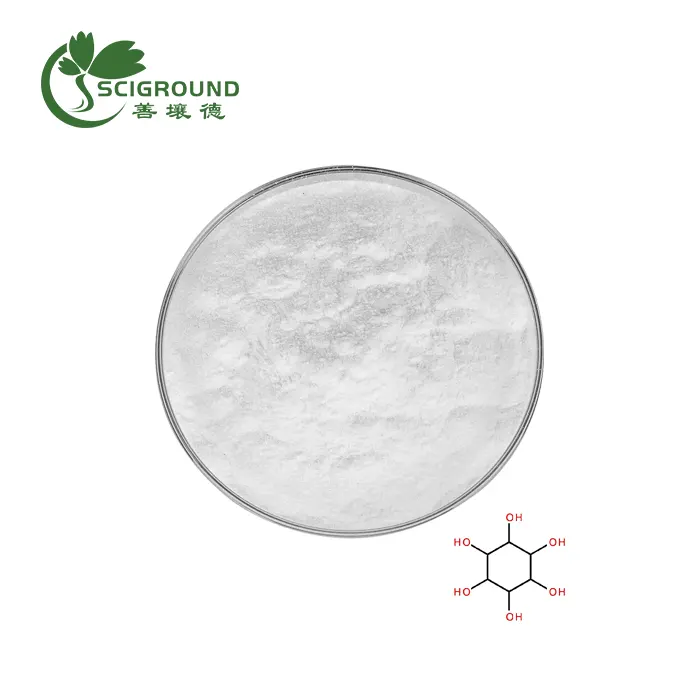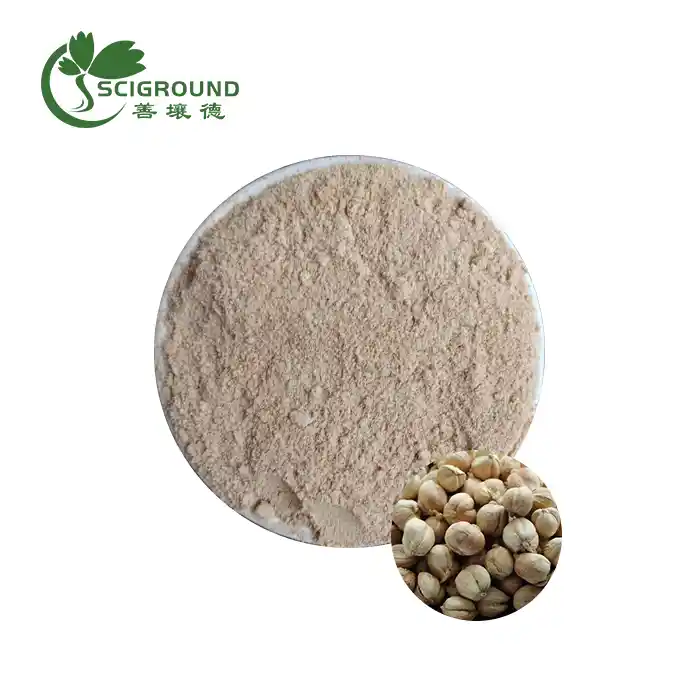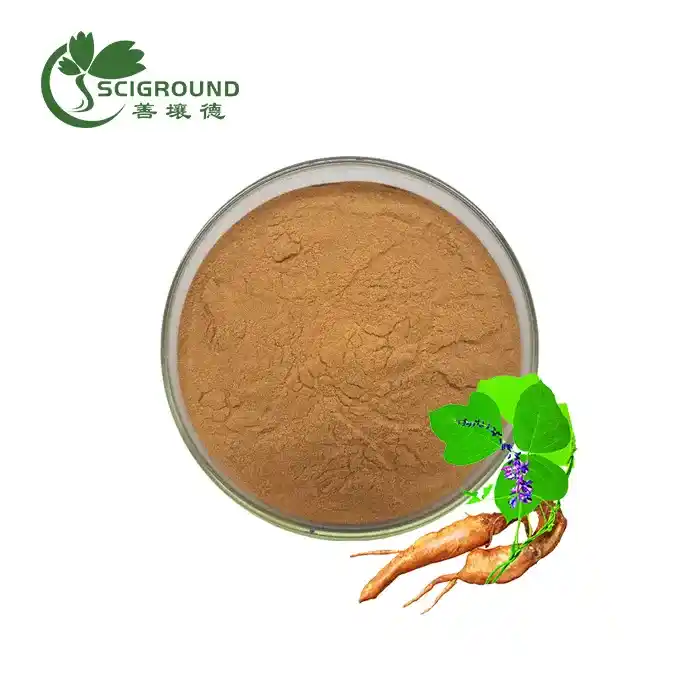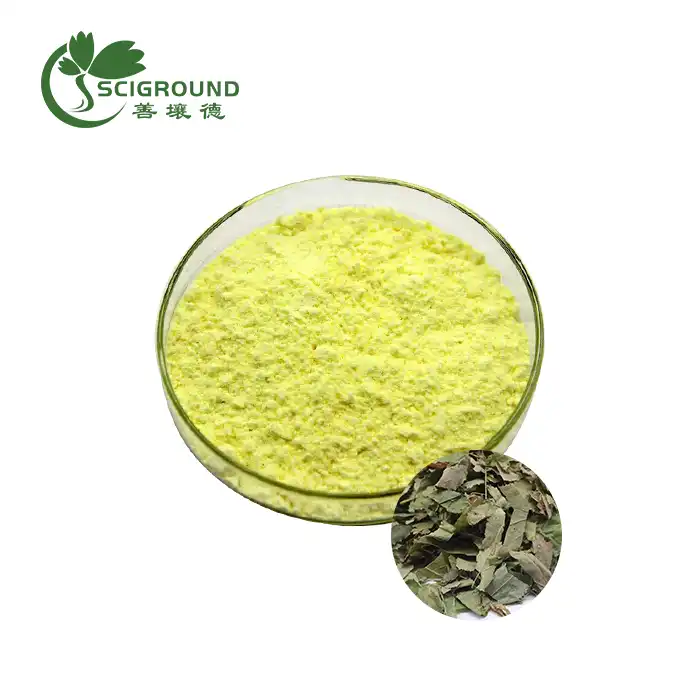Chicory Root vs Jerusalem Artichoke Inulin
Inulin is a type of carbohydrate known as a fructan that is found in various plants. Two common sources of inulin are chicory root and Jerusalem artichoke. But what exactly is inulin from these plants, and how do they compare in terms of nutrition and potential health benefits?
Chicory root is mostly a source of inulin and insoluble fiber. Jerusalem artichoke tubers offer inulin along with soluble fiber, protein, sugars, and starch.
which inulin is better chicory root or jerusalem artichoke?
Chicory root and Jerusalem artichoke are excellent sources of inulin, a carbohydrate that nourishes gut bacteria and supports healthy digestion. However, Jerusalem artichokes are less commonly used for inulin extraction since they are often consumed as a vegetable.
Here’s a comparison of chicory root and Jerusalem artichoke in terms of inulin and other key factors:
Inulin Content
Both chicory root and Jerusalem artichoke tubers contain similar levels of inulin, though Jerusalem artichokes have the highest combined inulin and FOS (fructooligosaccharide) content.
Other Nutrients
Jerusalem artichoke tubers contain slightly higher amounts of soluble solids and total carbohydrates compared to chicory roots.
Perishability
Both chicory roots and Jerusalem artichoke tubers have high moisture content, making them highly perishable.
Health Benefits
Chicory root inulin may aid digestion and help relieve constipation.
Jerusalem artichoke inulin can improve gut health, regulate blood sugar and blood pressure, lower cholesterol levels, and may offer protection against certain cancers.
Industrial Production
Chicory root remains the primary industrial source of inulin. However, Jerusalem artichokes present a cost-effective alternative and are easy to cultivate.
What is Chicory Root Inulin?
Chicory root refers to the taproot of Cichorium intybus, a flowering plant in the dandelion family. The root contains high amounts of inulin, a polysaccharide made up of fructose units.
Inulin from chicory root is extracted commercially and used as a dietary fiber supplement and food ingredient. It can add sweetness, act as a prebiotic, and replace fat and sugar in recipes.
Chicory root inulin is highly soluble and has a neutral taste. It can dissolve in hot drinks and does not change their texture. This makes it popular as an additive in coffee, tea, yogurt, ice cream, baked goods, and more.
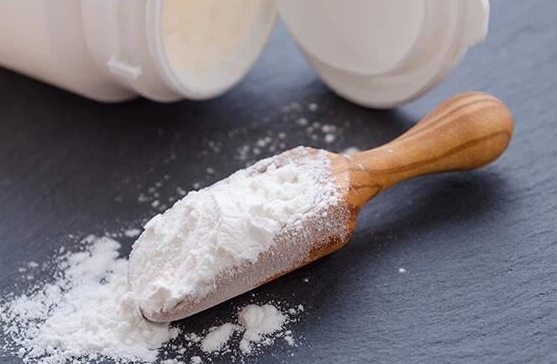
What is Jerusalem Artichoke Inulin?
Jerusalem artichoke (Helianthus tuberosus) is a sunflower native to North America that produces edible tubers. These tubers contain about 10-20% inulin by weight, making them a rich source.
Inulin in Jerusalem artichoke has the same chemical structure as chicory root inulin. It is a fructan made of repeating fructose units.
Jerusalem artichoke inulin can also be extracted and used in food products. The tubers themselves can be eaten cooked or raw, providing prebiotic fiber from their inulin content. They have an earthy, nutty flavor.
Mineral Comparison
Both chicory root and Jerusalem artichoke contain a variety of minerals. The main difference is that Jerusalem artichoke tubers have higher amounts of iron and potassium.
Chicory root and Jerusalem artichoke inulin are sources of calcium, magnesium, and phosphorus. But Jerusalem artichoke tubers also supply good amounts of iron, potassium, zinc, manganese, and copper.
Overall, Jerusalem artichoke contains more minerals by weight compared to chicory root.
Vitamin Comparison
Chicory root and Jerusalem artichoke provide only small amounts of B vitamins like folate, thiamin, and vitamin B6. The only significant vitamin present is vitamin K.
Chicory root is not a significant source of vitamins. Jerusalem artichoke tubers contain some vitamin K, providing around 10% of the daily value per 100 grams.
Neither food is rich in vitamins compared to fruits, vegetables, animal foods, and fortified products. Their benefit lies more in their prebiotic fiber and mineral content.
Macronutrient Comparison
The main macronutrients in chicory root and Jerusalem artichoke are carbohydrates and fiber:
Chicory root is around 45% inulin by weight. The rest is fiber like cellulose and pectin. It contains very little protein or fat.
Jerusalem artichoke tubers are about 10-20% inulin. They also provide some protein, sugars like fructose, and minimal fat.
Chicory root is mostly a source of inulin and insoluble fiber. Jerusalem artichoke tubers offer inulin along with soluble fiber, protein, sugars, and starch.
Fat Type Comparison
Neither chicory root nor Jerusalem artichoke contains significant amounts of fat. The small quantity present consists mostly of polyunsaturated fatty acids like linoleic acid.
Chicory root contains under 0.2% fat, made up largely of linoleic acid and alpha-linoleic acid.
Jerusalem artichoke tubers contain about 0.1% fat. Around three-quarters of this is polyunsaturated fats like linoleic acid.
The minimal fat content in both foods has an overall beneficial fatty acid profile. But the total fats are too low to contribute meaningful amounts of essential fats.
Comparison Summary Table
Here is a summary comparing the key nutrients in 100 grams of chicory root and Jerusalem artichoke tubers:
| Chicory Root | Jerusalem Artichoke
|-|-|-|
Calories | 73 | 73
Carbs | 17 g | 17 g
Fiber | 15 g | 5 g
Sugars | 0 g | 4 g
Protein | 2 g | 2 g
Fat | 0 g | 0 g
Vitamin K | 0% DV | 10% DV
Iron | 6% DV | 12% DV
Potassium | 8% DV | 429 mg
Inulin | ~45 g | 10-20 g
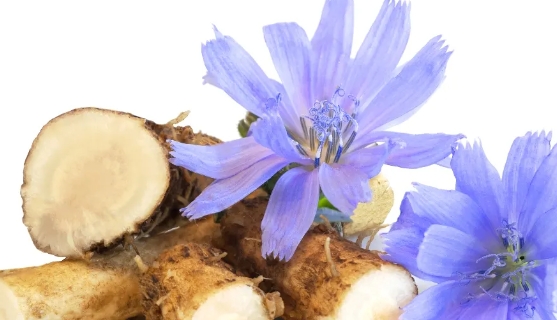
Is Chicory Root Inulin Good For You?
Research indicates chicory root inulin has a variety of potential health benefits:
Acts as a prebiotic - bulk Inulin powder feeds beneficial Bifidobacteria in the gut, supporting a healthy microbiome.
Aids digestion - By promoting good bacteria, inulin can help with constipation, irregularity, and IBS symptoms.
Helps manage weight - Inulin increases satiety and reduces appetite by slowing gastric emptying. This can support weight loss.
Regulates blood sugar - Inulin may help improve insulin sensitivity and blood sugar control, especially for diabetes.
Supports heart health - Some research links inulin to lower blood triglycerides and cholesterol levels.
Boosts calcium absorption - The combination of inulin and oligofructose helps the intestines absorb more calcium.
The prebiotic effects and gut health benefits are the main advantages of chicory root inulin. More studies are still needed on its other potential benefits.
Is Inulin from Chicory or Artichokes Better?
Both chicory and Jerusalem artichoke provide high quality wholesale inulin with similar health benefits. Jerusalem artichoke tubers have more minerals like iron and potassium, while chicory root is a more concentrated source.
Inulin from either source can be extracted and used in supplements or functional foods. Jerusalem artichoke inulin may have a more subtle, sweet taste compared to chicory.
For gut health, chicory root or Jerusalem artichoke inulin are likely equally effective prebiotics. Jerusalem artichoke may offer more nutritional benefits if eating the tubers whole. But the inulin content itself is comparable.
Which Source of Inulin is Best?
There is no single “best” source of inulin bulk overall. Choosing between chicory root or Jerusalem artichoke depends on:
Desired form - supplement powder, ingredient addition, or whole food?
Nutrients needed - Jerusalem artichoke offers more minerals like iron if this is a concern.
Taste preference - Jerusalem artichoke tubers have a distinct sweet, earthy flavor compared to neutral chicory.
Cost and accessibility - Chicory root inulin extracts can be easier to find and more cost effective.
Both offer similar prebiotic inulin. Including either in the diet can provide gut health benefits. The needs of the individual determine whether chicory or Jerusalem artichoke inulin is preferred.
What is the Difference Between Chicory Root and Inulin?
Chicory root refers to the entire taproot of the chicory plant. Meanwhile, inulin is a carbohydrate fiber found in high amounts in chicory root.
Chicory roots contain around 45% inulin by weight. The rest is made up of other fibers like cellulose and pectin, along with minimal protein and fat.
Inulin can be extracted from chicory roots to produce a white powder supplement or food additive. The two main differences are:
Chicory root is the whole vegetable containing inulin along with other components. Inulin is an isolated polysaccharide extract.
Chicory root can be eaten as a vegetable. Inulin is added to foods or used as a supplement but not eaten whole.
What is the Difference Between Inulin and Jerusalem Artichoke?
Again, bulk inulin refers specifically to the soluble fiber extracted from plants. Jerusalem artichoke is the starchy tuber of a sunflower species that contains inulin.
Jerusalem artichoke tubers have around 10-20% of their carbohydrate content as inulin. The rest is starch, sugar, protein, and other fibers.
The main differences are:
Inulin is the isolated fiber, while Jerusalem artichoke is the whole food containing inulin.
Jerusalem artichoke tubers can be eaten after cooking. Inulin is not consumed directly.
Jerusalem artichoke offers more nutrients like vitamin K, iron, potassium and trace minerals. Inulin itself does not provide these.
Inulin has a neutral taste, whereas Jerusalem artichoke tubers have a sweet, earthy flavor.
Both Jerusalem artichoke and inulin from it provide prebiotic benefits. Eating the whole tuber offers more nutritional value. But inulin extracts can be more convenient as additions to foods and supplements.
References:
Baugh, N., Ramirez, J., & Lim, F. (2022). Inulin: A comprehensive review on its health benefits, application in food products, regulatory framework, and analysis methods. Food Reviews International, 1-47.
Kaur, N., & Gupta, A. K. (2002). Applications of inulin and oligofructose in health and nutrition. Journal of Biosciences, 27(7), 703-714.
Mensink, M. A., Frijlink, H. W., van der Voort Maarschalk, K., & Hinrichs, W. L. (2015). Inulin, a flexible oligosaccharide. II: Review of its pharmaceutical applications. Carbohydrate polymers, 134, 418-428.
Pasin, G., Elia, R., Frutos Cabanillas, P., Ganga, V., Madeo, M., Sissons, M., ... & Duranti, M. (2022). Composition, Antioxidant Activity and Prebiotic Effect of Inulin from Helianthus tuberosus. Plants, 11(4), 522.
Yilaghi, E. H., Okasha, E. M., Chamanara, N., & Fasihi, H. (2022). Jerusalem artichoke dietary fiber: A comprehensive review on composition, health effects, preservation, fortification, and applications. Food Reviews International, 1-31.
ABOUT AUTHOR

Celine Xu is a botanist with over 15 years of experience researching and developing plant extracts for nutritional and pharmaceutical applications. She leads an R&D team focused on identification, cultivation and extraction of medicinal plants. Celine Xu earned a Ph.D. in Plant Biology has authored numerous articles in peer-reviewed journals about the health benefits of specific phytochemicals. She frequently speaks at industry conferences about new developments in plant extract research. Celine Xu is dedicated to advancing the scientific understanding of how targeted plant compounds can be used to improve human health.
Related Industry Knowledge
- what is Albendazole Powder
- Why can't you take berberine long term?
- What does lentinan help with?
- Is it OK to take quercetin daily?
- Which is better inulin or psyllium?
- Can you lose weight with Ganoderma lucidum?
- Is it safe to take cordyceps everyday?
- What are the sources of Dihydromyricetin?
- Forsythia Extract: Unlocking Nature's Wellness Secrets
- What is BCAA in Protein Powder?
